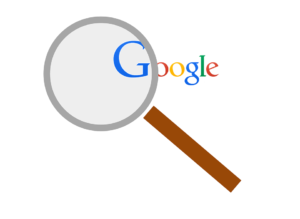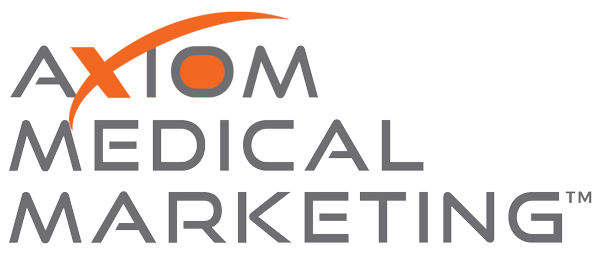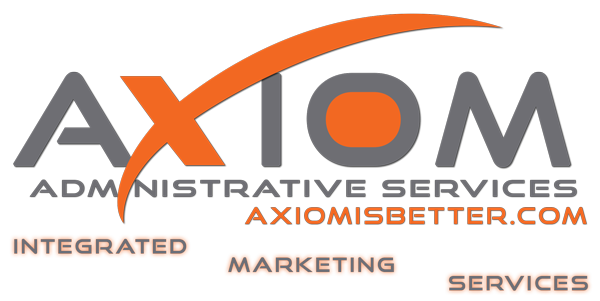What Do Search Engines Know and How Can This Help Your Web Marketing?
 Many people are concerned about the amounts of personal data that can be gathered by search engines. In many cases, search engines know your location, they have been given a lot of your personal data, they know what kind of device you are using and (very importantly) they remember your search history. Although it is sensible to be careful about what information you give out, the truth is that most of the data that a search engine retains has been voluntarily given to it by the user.
Many people are concerned about the amounts of personal data that can be gathered by search engines. In many cases, search engines know your location, they have been given a lot of your personal data, they know what kind of device you are using and (very importantly) they remember your search history. Although it is sensible to be careful about what information you give out, the truth is that most of the data that a search engine retains has been voluntarily given to it by the user.
This is unavoidable because when you enter a search term in a search engine, you are automatically telling the search provider that you have an interest in a particular topic. In a previous article, we gave this example-
“….. choose a professional practice in your local area, an ophthalmologist for example. Then search for their office phone number. That’s all, do not actually call them. There is a good chance that you are going to start seeing pop-ups for laser eye surgery soon. You may get ‘buy-one-get-one-free’ offers for eyeglasses or ads for contact lenses.”
Most people will recognize the experience described above. Digital marketing, especially search marketing, has made it possible for businesses and service providers to target their advertising dollars directly at the people who need them. It is important to understand that the laser surgery and buy-one-get-one free eyeglass ads may appear when you are using the search engine for an entirely different and unrelated purpose, say browsing for movie times. It is as if the browser is tapping you on the shoulder and saying, “Have you forgotten about your eye exam or eyeglasses?”
It is likely that the default setting in your favorite browser allows the search engine to know your location. This has a very important effect; it allows the search engine to match your search query phrase with your location. If you are using a mobile device or a computer connected to an IP address in Daytona Beach, Florida, the search engine will combine its knowledge of your location with the search term in order to yield the most useful results.
For many search terms, this has no effect at all. Entering the query, “capital city of Vermont” will likely get the same results whether you are in that state or home in Florida. However, in many cases the location from which the query is entered will dramatically change the search engine results you see. If you search for “Chinese food,” the results will almost certainly direct you to a number of local restaurants, not famous places in San Francisco’s Chinatown or to restaurants in Beijing. You are going to see a list that includes local providers of Chinese food and also well-known websites like Yelp.com or Tripadvisor.com.
This utility of search engine results to users has made ‘search marketing’ the most profitable source of revenue for search engine companies. Google, the largest of browser and search engine providers, had revenue of over $89 billion in 2016, most coming from its proprietary advertising service, Google AdWords. AdWords is an online advertising service owned by Google that enables advertisers to display small bits of advertising copy to web users. The system is made possible in part by ‘cookies’ collected and stored by the search engine and partly by ‘keywords’ determined by advertisers. Using these characteristics, the search engine places targeted advertising on pages where it is most likely to be relevant. Advertisers pay when users divert their browsing to click on the advertising copy. Microsoft’s search engine, Bing, offers a similar service called “Bing ads.” The Microsoft service claims to offer a better return on investment, lower cost per click and a higher value audience than is found on Google AdWords.
So, what does this mean for your branding strategies, the SEO techniques and SEO strategy you develop? You can use AdWords or Bing Ads to enhance the effect of local SEO services aimed at the market you want to reach when you want to reach them. For decades, direct mail marketing was the only way to reach a target audience in a defined area. Now, with expert help, you can target your ads to a specific zip code or codes even to a certain time frame. You can even set an advertising budget and when that amount is reached, it will stop.
If you have been depending on a cheap web design, have no branding strategy or SEO strategy, the time has come to change. If you are serious about your website, about adopting good SEO techniques, you need the professional SEO services of an organization like AXIOM. AXIOM understands the needs of small businesses, professional practices and non-profits. Please visit AXIOM’s small business services page by clicking this LINK or call Axiom at 800-888-6348.





About the Author